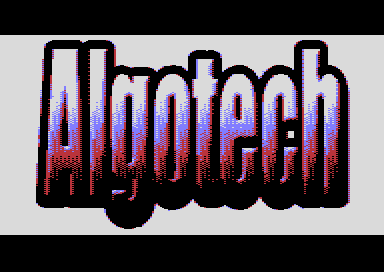| AWE - Algo Wave Extraction by Algotech | ||||||||
|---|---|---|---|---|---|---|---|---|

|
|
|||||||
|
popularity : 58% |
|||||||
alltime top: #13910 |
|
|||||||
|
||||||||
| added on the 2024-07-22 15:35:47 by algorithm |
||||||||
popularity helper
comments
awesome
rulez added on the 2024-07-22 17:16:16 by SiR 
Algotech delivers the compression porn!
It's pretty nuts that this prg file is 51KB! Seriously wtf :D
awesome
Algorithm is a newcomer from another coding dimension. Rulez!
Again pushing the limits, love it!
Black magic! :]
amazing
Impressive!
Just wow! algorithm is back with another/new incedible audio (AWE) technique / demo. It would be interesting to hear the whole thing with a vocal based sound.
Imagine if this demo / technique had been released a few decades ago, during the heyday of the C64. :-)
Imagine if this demo / technique had been released a few decades ago, during the heyday of the C64. :-)
Very interesting and awesome tech details. Thanks for the cool yt example, how it sounds with voices. In my eyes it's just incredible for a C64/SID. I'm really impressed! Still looking forward to your amiga version/experiemnts.
Impressive to say the least!
wow
Impressive
submit changes
if this prod is a fake, some info is false or the download link is broken,
do not post about it in the comments, it will get lost.
instead, click here !
